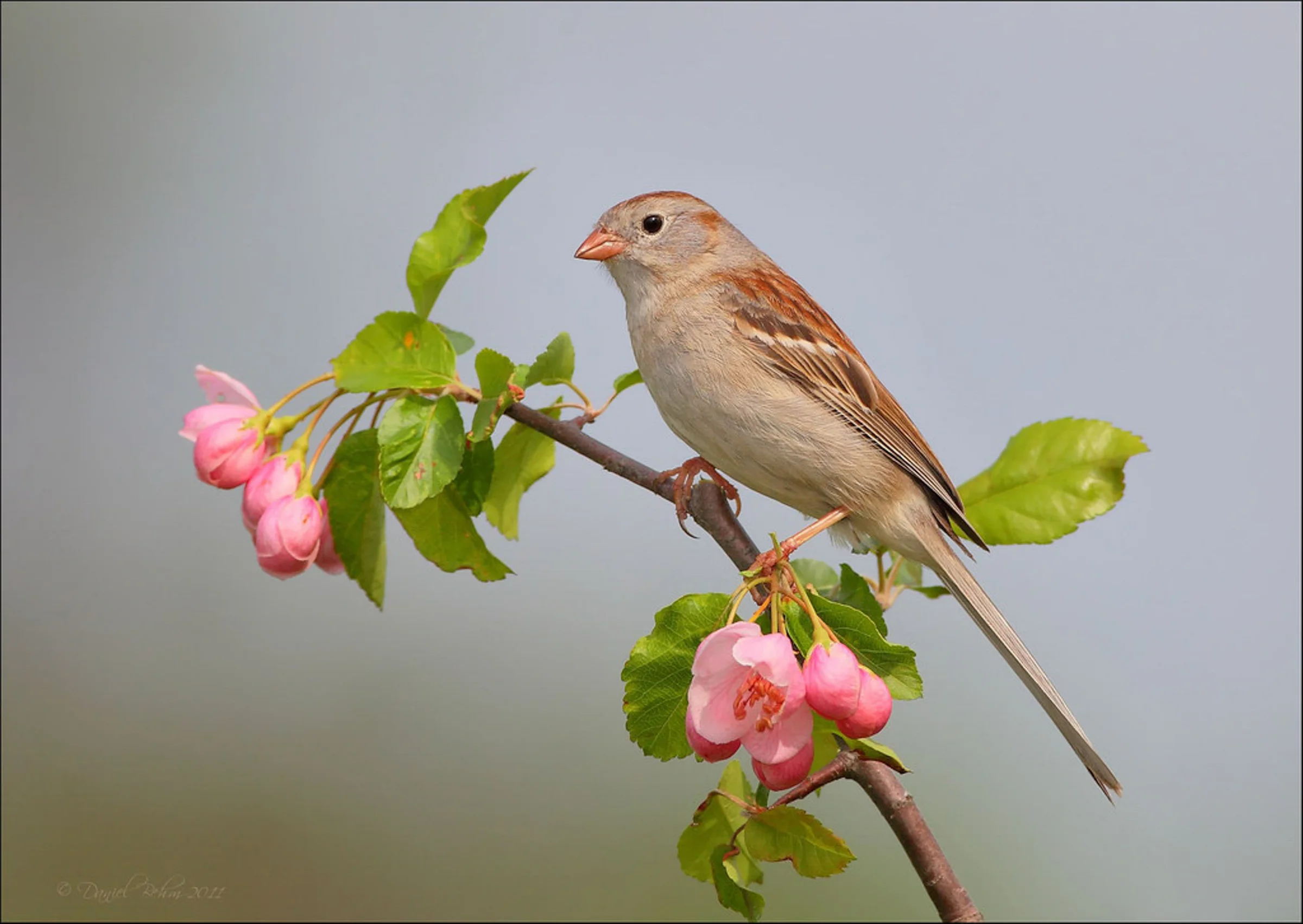“We were keeping our eye on 1984. When the year came and the prophecy didn’t, thoughtful Americans sang softly in praise of themselves. The roots of liberal democracy had held. Wherever else the terror had happened, we, at least, had not been visited by Orwellian nightmares.
But we had forgotten that alongside Orwell’s dark vision, there was another - slightly older, slightly less well known, equally chilling: Aldous Huxley’s Brave New World. Contrary to common belief even among the educated, Huxley and Orwell did not prophesy the same thing. Orwell warns that we will be overcome by an externally imposed oppression. But in Huxley’s vision, no Big Brother is required to deprive people of their autonomy, maturity and history. As he saw it, people will come to love their oppression, to adore the technologies that undo their capacities to think.
What Orwell feared were those who would ban books. What Huxley feared was that there would be no reason to ban a book, for there would be no one who wanted to read one. Orwell feared those who would deprive us of information. Huxley feared those who would give us so much that we would be reduced to passivity and egoism. Orwell feared that the truth would be concealed from us. Huxley feared the truth would be drowned in a sea of irrelevance. Orwell feared we would become a captive culture. Huxley feared we would become a trivial culture, preoccupied with some equivalent of the feelies, the orgy porgy, and the centrifugal bumblepuppy. As Huxley remarked in Brave New World Revisited, the civil libertarians and rationalists who are ever on the alert to oppose tyranny “failed to take into account man’s almost infinite appetite for distractions.” In 1984, Orwell added, people are controlled by inflicting pain. In Brave New World, they are controlled by inflicting pleasure. In short, Orwell feared that what we fear will ruin us. Huxley feared that what we desire will ruin us.
This book is about the possibility that Huxley, not Orwell, was right.” ― Neil Postman, Amusing Ourselves to Death: Public Discourse in the Age of Show Business, 1985 !BackTo1985@lemm.ee
Perhaps both are correct. Too much of anything is in fact a bad thing.
There’s no black and white right or wrong. Both have solid lessons to pull away and both should be monitored for. To pretend we aren’t currently in both an Orwellian nightmare, and Huxlian State, would be naive. We see what we are allowed to see, speak our new speak with passion and fire, while simultaneously getting angry about the world in forums. How many of us care enough to leave our homes and shout from the rooftops these same things? Not out of fear but mostly laziness.
Both are valid, both are real, and we are living in both as we speak.
Too much of anything is in fact a bad thing.
Can you provide citations, references, evidence, fact-checking on that “fact”?
Is too much of memes on the front page of Lemmy a bad thing? Too much worship of banality anti-understanding in game loops a bad thing on gaming minded media machine environments? we would be reduced to passivity and egoism. Orwell feared that the truth would be concealed from us. Huxley feared the truth would be drowned in a sea of irrelevance.
Not out of fear but mostly laziness.
A very popular idea has taken hold in 2025: “conservative 1, liberal 2”, two sides. “Both sides”, “USA republican 1, USA democrats 2”, “left 1, right 2”, two. “There are two sides to every story and only two” seems to be a bi-polar digital binary popularity thinking in social media society of year 2025. As if wealth overlords of Rupert Murdoch and Elon Musk streaming media / broadcast media systems have educated the population that there is 1 and 2, no more, no less. Not fear, but lazy. To educate people that “lazy” is the poor and the rich doesn’t fear hard work. Just two choices of thinking on the meme media systems of the world.
How about the meaning of the phrase “too much”
How about the meaning of the phrase “too much”
Untied States of America society year 2024, year 2025, etc. It’s the real-world meaning of what Neil Postman was saying, it is far too much.
It’s more of a figure of speech. But science would prove time and time again that too much of most things is bad.
“Everything in our background has prepared us to know and resist a prison when the gates begin to close around us . . . But what if there are no cries of anguish to be heard? Who is prepared to take arms against a sea of amusements? To whom do we complain, and when, and in what tone of voice, when serious discourse dissolves into giggles? What is the antidote to a culture’s being drained by laughter?” ― Neil Postman, Amusing Ourselves to Death: Public Discourse in the Age of Show Business, 1985
That’s Mastodon, Lemmy, Reddit, Bluesky, TikTok, Facebook, Instagram, White House, Kremlin, all the people with free time to comment and liesure-time to ReTweet year 2025.

